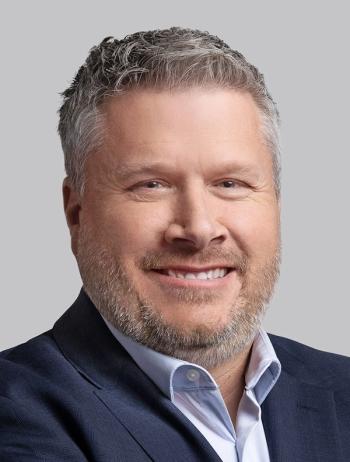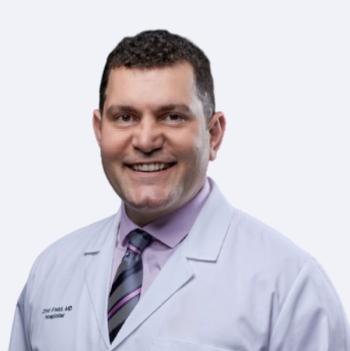
Shining light in a dark place
Pamela Wible wants physicians to start talking about the issue of doctor suicides
Pamela Wible, MD, was attending a memorial in 2012-the third one in a year-for a fellow physician who had died by suicide. At the service, she began to wonder, why were so many successful, highly intelligent doctors killing themselves?
Wible, a primary care physician in Eugene, Oregon, knew all too well the stresses that came with getting through medical school and practicing medicine.
“I was suicidal myself after six jobs in 10 years,” she says. “I felt like my only value was as a warm body in the room generating revenue for big-box clinics.” She found relief when she started her own independent practice, but she wondered at the memorial service just how many doctors couldn’t find a way to cope.
“I started counting the number of docs I knew that had either died by suicide or whose deaths were highly suspicious,” she says. “Within a minute, I counted 10. From then on, I have been determined to get to the bottom of this.”
The 10 doctors she initially counted became 50 and then 100 after asking colleagues about physicians they knew who died by suicide. The number is over 700 today. The American Society for Suicide Prevention estimates that 300-400 physicians die by suicide annually.
Since that memorial service, she’s dedicated herself to helping those doctors contemplating suicide and shining a light on a topic that many people do not want to discuss.
“Certain families want to keep a lid on it, and medical institutions don’t want to report that their residency program had three suicides in five years or had interns jumping from the rooftops,” she says.
Through her website, retreats, speaking engagements, blogs and social media posts, Wible tries to tell doctors and medical students that they are not alone in their struggles and that help is available. She also wants to get people talking about the problem so solutions can be found to save lives.
“Many people are just in a toxic workplace that does not allow them to thrive physically or mentally,” she says. “We need to change the system, not just tell them to practice more yoga. We can’t have medical students and residents working 28-hour shifts and being subjected to hazing and bullying.”
Most of all, she wants people to tell the truth so that there can be accountability through increased public awareness and less professional stigma for physicians who are suffering.
“The majority of these suicides are preventable,” says Wible. “My immediate goal is to prevent them. But to stop these senseless deaths, we must say ‘suicide’ out loud and talk about it the same way we talk about hypertension or diabetes.”
She adds that medical schools and residencies need to improve the educational environment and working conditions, and that when a suicide does happen, the school must use it as an opportunity to teach and support their students and residents rather than just telling them to “get back to work.”
“Workloads are out of control and emotional support is lacking,” she says. “Doctors are often punished when they reach out for help. When you take sensitive, intelligent people and put them in this hostile environment, they are all going to cave at some point. Let’s talk about this. We must support our medical students and new doctors so they can function at the highest level possible. After all, we are here to save lives.”
Newsletter
Stay informed and empowered with Medical Economics enewsletter, delivering expert insights, financial strategies, practice management tips and technology trends — tailored for today’s physicians.






